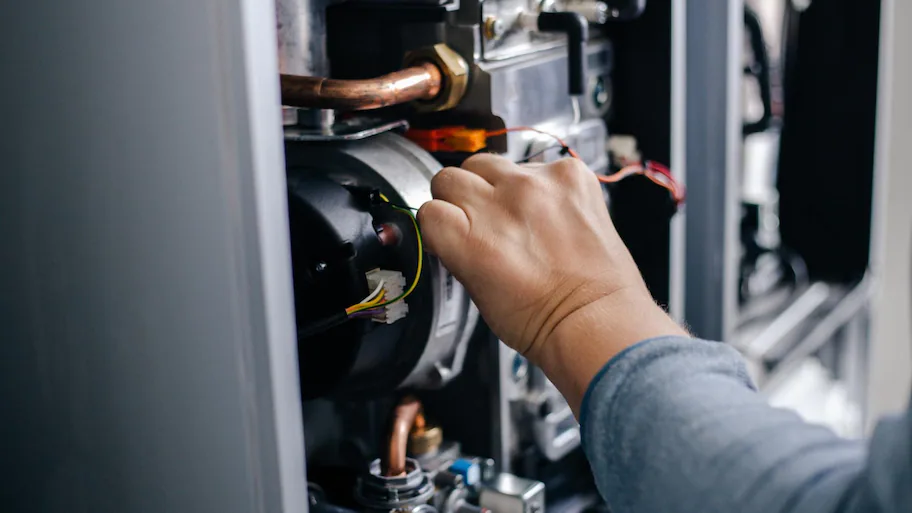Heat pumps are a crucial component of any modern heating and cooling system, providing year-round comfort in countless homes. However, like any mechanical device, heat pumps are subject to wear and tear over time. When faced with issues, homeowners often find themselves in a dilemma: should they repair their heat pump or opt for a replacement? In this blog post, we will delve into the factors that can help you make an informed decision about whether to replace or repair your heat pump.
- Age of the Heat Pump:
One of the key factors to consider when deciding between repair and replacement is the age of your heat pump. Heat pumps typically have a lifespan of 10 to 15 years. If your heat pump is approaching or has exceeded this age range, and is experiencing significant issues, it might be more cost-effective to replace it. Newer models often come with improved efficiency and advanced features, which can translate into long-term energy savings.
- Cost of Repairs:
Consider the cost of repairs versus the potential benefits. If the repair cost is minor and your heat pump is relatively new, repairing it might be a reasonable option. However, if the repair costs are significant and the heat pump has a history of frequent breakdowns, it might be a sign that your unit is reaching the end of its useful life. In such cases, investing in a new heat pump can offer greater reliability and peace of mind.
- Energy Efficiency:
Heat pumps have come a long way in terms of energy efficiency in recent years. If your heat pump is an older model, it may not be as efficient as newer units available today. Newer heat pumps often come with higher Seasonal Energy Efficiency Ratio (SEER) and Heating Seasonal Performance Factor (HSPF) ratings, indicating their ability to provide more efficient heating and cooling. Upgrading to a more energy-efficient heat pump can lead to reduced energy bills and a smaller carbon footprint.
- Frequent Breakdowns and Performance Issues:
If your heat pump is constantly breaking down or experiencing performance issues, it’s worth evaluating whether the system is becoming unreliable. Frequent repairs can quickly add up in terms of cost, time, and inconvenience. Additionally, an underperforming heat pump may not be providing adequate comfort or temperature control in your home. In such cases, replacing the heat pump can offer a fresh start with a more reliable and efficient system.
- Refrigerant Considerations:
Changes in regulations and refrigerant availability can also influence the decision to repair or replace your heat pump. If your heat pump uses an outdated refrigerant that is being phased out or becoming increasingly expensive, it might be a good time to consider a replacement. Upgrading to a newer heat pump with an environmentally friendly refrigerant can ensure compliance with regulations and save you from future hassles.
Conclusion:
When faced with the decision to repair or replace your heat pump, it’s essential to weigh various factors such as the age of the unit, repair costs, energy efficiency, performance issues, and refrigerant considerations. While repairs might be a viable option for newer heat pumps with minor issues, older units with frequent breakdowns and significant repair costs are often better candidates for replacement. Consulting with a professional HVAC technician can provide valuable insights and help you make an informed decision based on your specific circumstances. Remember, the goal is to ensure long-term comfort, efficiency, and cost-effectiveness for your home heating and cooling needs.

